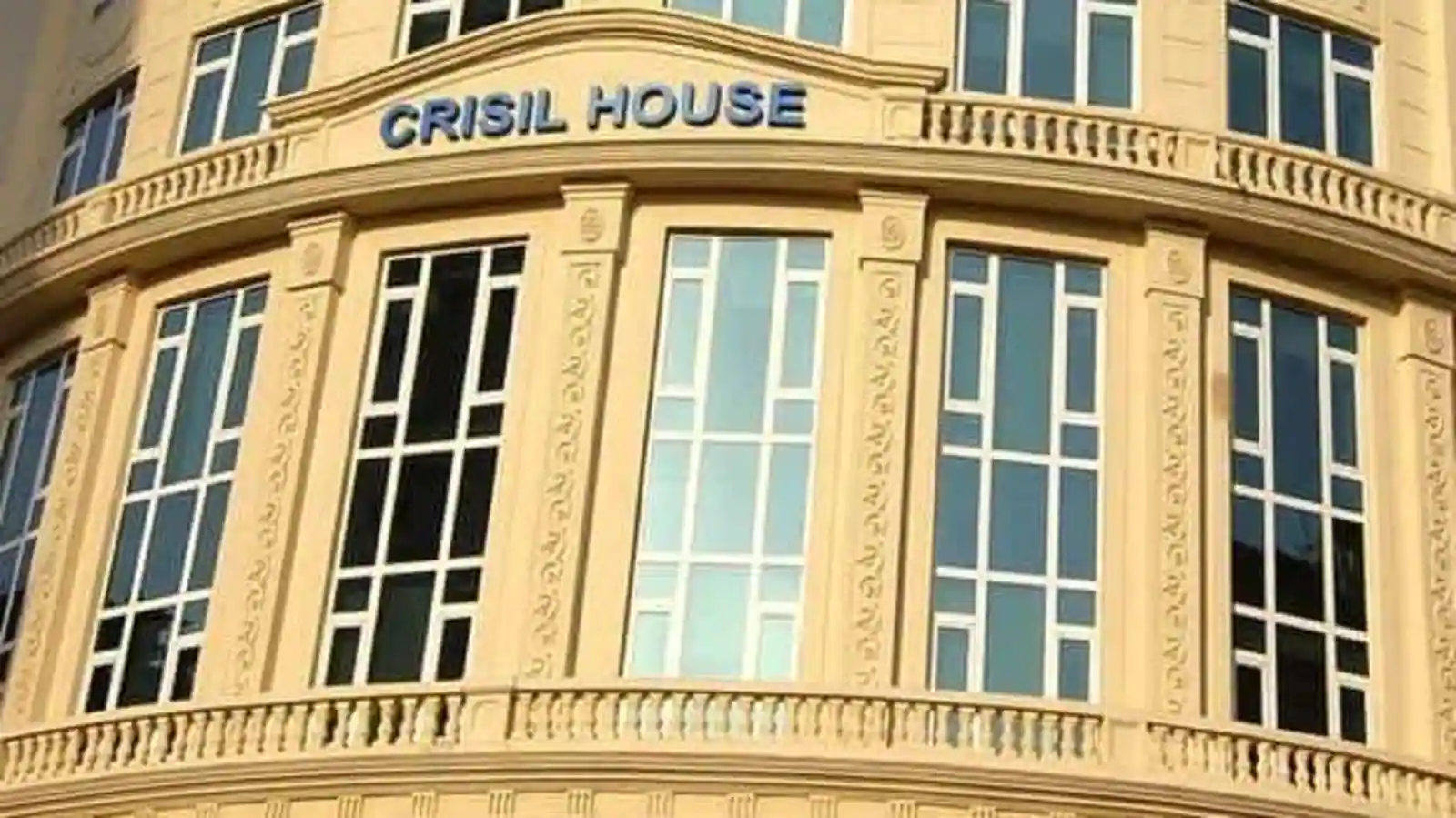29 January 2023, Mumbai
Around 25 per cent to 30 per cent of all products sold in India are spurious. So says Crisil.
Among all the sectors, the apparel sector tops the list with 31 per cent of counterfeit products followed by fast-moving consumer goods with 28 per cent and the automotive sector with 25 per cent. Other major sectors included pharmaceuticals (20 per cent), consumer durables (17 per cent), and agrochemicals (16 per cent).
Around 27 per cent of India consumers, says Crisil, are unaware that the products are counterfeit at the time of purchase, but 31 per cent willingly purchase spurious products. The report covered New Delhi, Agra, Jalandhar, Mumbai, Ahmedabad, Jaipur, Indore, Kolkata, Patna, Chennai, Bangalore, and Hyderabad. And counterfeiting is not limited to luxury items. Even common items, from cumin seeds to cooking oil and from baby care items to medicines, are increasingly reported as counterfeit.
The spurious goods market is rising and is heavily bleeding the industry and consumers. There is a huge market in India for fake copies of luxury brands selling everything from clothes, shoes, watches, accessories, phones, and other electronics. Fake labels or cheap imitations may seem a tempting deal but wearing such a garment can be dangerous to health.

























